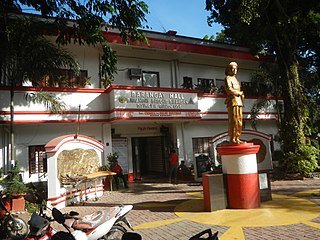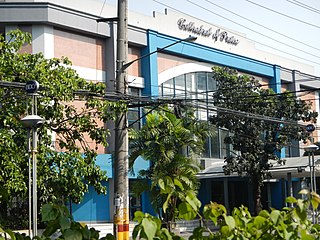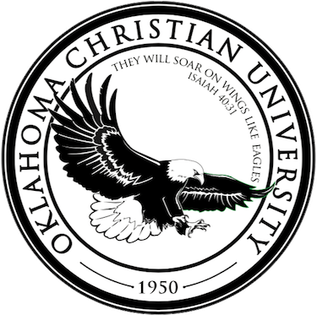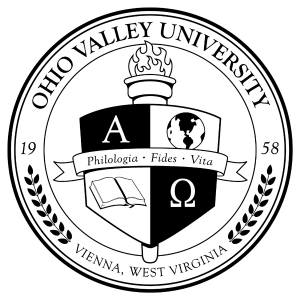
Rizal, officially the Province of Rizal, is a province in the Philippines located in the Calabarzon region in Luzon. Its capital is the city of Antipolo. It is about 16 kilometers (9.9 mi) east of Manila. The province is named after José Rizal, one of the main national heroes of the Philippines. It is bordered by Metro Manila to the west, Bulacan to the north, Quezon to the east and Laguna to the southeast. The province also lies on the northern shores of Laguna de Bay, the largest lake in the country. Rizal is a mountainous province perched on the western slopes of the southern portion of the Sierra Madre mountain range.

Ateneo de Manila University, also known simply as Ateneo de Manila or Ateneo, is a private, Catholic, teaching and research university, as well as a basic education institution in Quezon City, Philippines. Founded in 1859 by the Jesuits, it is the second-oldest Jesuit-administered institution of higher learning in the Asia-Pacific.

Antipolo, officially the City of Antipolo, is a 1st class component city and capital of the province of Rizal, Philippines. According to the 2020 census, it has a population of 887,399 people. It is the most populous city in the Calabarzon region, and the seventh most-populous city in the Philippines. It is also the most populated city under the component city status.

Westmont College is a private Christian liberal arts college in Montecito, California. It was founded in 1937.

Johnson University is a private Christian university headquartered in Kimberlin Heights, Tennessee, with an additional campus in Kissimmee, Florida. Rooted in the tenets of the Restoration Movement, it maintains affiliation with the Christian churches and churches of Christ.

The University of the East, also known as UE, is a private university located in Manila, Philippines. Founded in 1946, business tycoon Lucio Tan acquired the university in 1990. UE was once labeled as the "largest university in Asia" when its enrollment in the past reached over 65,000 students.
Mid-Atlantic Christian University (MACU) is a private Christian university in Elizabeth City, North Carolina. It is supported by Christian churches and churches of Christ, which is part of the Restoration Movement. MACU awards bachelor's degrees, associate degrees, and certificates. MACU started as Roanoke Bible College with the primary goal of preacher training to serve the Church of Christ/Christian Churches of eastern North Carolina and Virginia.

FEU Diliman, formerly known as FEUFERN College, is an educational institution at Sampaguita Avenue, Mapayapa Village, Diliman, Quezon City, Philippines. Founded in 1994 to commemorate the birth centennial of Dr. Nicanor B. Reyes Sr., founder and first president of the Far Eastern University (FEU), the institution offers programs from Kindergarten, Basic Education, High School, up to Tertiary Education.

Boise Bible College (BBC) is a private Christian Bible college in Boise, Idaho.

Mountain View College is a private, co-educational, Seventh-day Adventist college in Valencia, Bukidnon, Philippines which was established in 1953. It was the second Adventist college to be established in the Philippines and the first in Mindanao. It is a part of the Seventh-day Adventist education system, the world's second largest Christian school system.

Our Lady of Fatima University (OLFU) is a private, nonsectarian, coeducational basic and higher education institution.

Oakland City University (OCU) is a private university affiliated with the General Baptist Church and located in Oakland City, Indiana. It is the only General Baptist Church-affiliated college or university in the United States. Founded in 1885, it has slowly grown to the present student enrollment of about 1,200 on the main campus and, counting all sites, about 2,000 total.

Bagong Silangan is a barangay located in the 2nd district of Quezon City, Philippines. Nearby barangays are Commonwealth, Batasan Hills and Payatas. Separated by a river in the east, the barangay leads to the Municipality of San Mateo in the province of Rizal.

The Cathedral of Praise (COP) is a Full Gospel, Christ-centered megachurch based in Manila, Philippines. COP is headed by Pastors David and Beverley Sumrall.
The Alliance Graduate School (AGS) is an inter-denominational Evangelical Christian graduate school of theology in Quezon City, Philippines, housed together with Philippine Alliance College of Theology (PACT). It was established in 1977. It is affiliated with the Christian and Missionary Alliance Churches of the Philippines.

Oklahoma Christian University (OC) is a private Christian university in Oklahoma City, Oklahoma. It was founded in 1950 by members of the Churches of Christ.

Jose Lorenzo de Ocampo (1906–1995) was a Filipino architect and artist.

Ohio Valley University was a private Christian college located between Parkersburg and Vienna in West Virginia. Founded in 1958, the school integrated education with teachings of the Christian faith. The college was physically located on two separate campuses totalling 267 acres (108 ha). At one time, OVU offered bachelor's degrees in more than 30 different subject areas, but scaled back its academic options as enrollment numbers and financial stability dropped significantly. The college was accredited by the Higher Learning Commission, and was placed under academic probation in 2020 by the Higher Learning Commission due to ongoing long-term financial struggles. In December 2021, the OVU Board of Directors voted to close the college after the Fall 2021 semester. The West Virginia Higher Education Policy Commission voted to revoke OVU's authority to grant degrees shortly thereafter. Seniors were allowed to finish their degrees without the loss of any credit hours in the spring semester of 2022 at several other institutions of higher education related to Churches of Christ through "teach out" agreements.

Cushing House is a four-story dormitory on Vassar College's campus in the town of Poughkeepsie, New York. A response to freshmen overcrowding, the college's Board of Trustees hurried the Allen & Collens-designed building, named for college librarian and alumna trustee Florence M. Cushing, to construction and completion in 1927. Cushing was originally designed as eight smaller houses with euthenic principles in mind, but ended up as a single U-shaped dormitory in the Old English manor house style with Jacobean interior furnishings.

Immanuel Lutheran College was an educational institution of the Evangelical Lutheran Synodical Conference of North America whose main purpose was to train Black men to be pastors and both men and women to be teachers. It was founded in Concord, North Carolina, in 1903 and relocated to Greensboro, North Carolina, in 1905. The college was closed in 1961 when the Synodical Conference decided that the training of Blacks should be integrated into the educational institutions of the Lutheran Church–Missouri Synod (LCMS), the largest member of the conference. The former campus was purchased by North Carolina A&T State University.

















